What if I told you that it’s possible to eat a cake made with eggs and milk that didn’t come from chickens or cows? This is completely achievable through precision brewing.
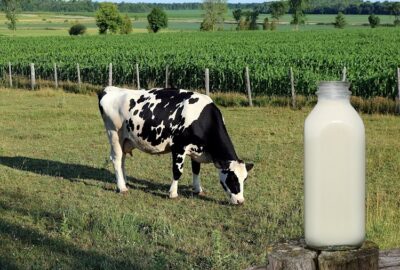
GettyImages/Diane Kuhl
It sounds like something out of a sci-fi movie, but it’s not. Precision fermentation comes from an ancient technique used to preserve food that many scientists now believe could be the key to a more sustainable food system in the future.
What is it?
Fermentation as we know it is the chemical process in which the sugars present in food are converted into lactic acid, carbon dioxide or alcohol. Precision fermentation is a form of fermentation that modifies microfibers, such as yeast and bacteria, genetically so that they become “factories” for proteins or fats.
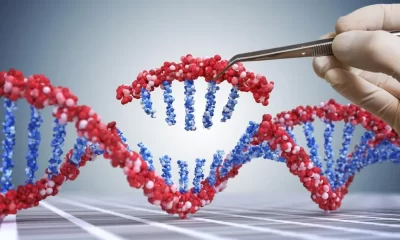
GettyImages
And why the term “precision”?
Precision comes precisely from the ability to precisely control the process, from the genetic modification of microorganisms to the optimization of fermentation conditions.
What is the difference between precision fermentation and common fermentation?
The main difference between precision fermentation and regular fermentation is that the microorganisms used in precision fermentation are designed to create a specific product, such as milk that tastes exactly like milk, but comes from the lab and not from the cow.
And the difference between precision fermentation and molecular agriculture?
Well, it may seem like it’s the same thing, but it’s not. Let’s explain.
In precision fermentation, DNA is inserted into a bacterium or microorganism that is then grown in bioreactors. Finally, purification is carried out to extract the desired product, milk, for example.
In molecular agriculture, DNA is placed in a plant or insect cell that will then be cultivated in the traditional agricultural way. That is, in fields, greenhouses or vertical farming.
Precision brewing = sustainability?
For researchers at the United Nations, yes!
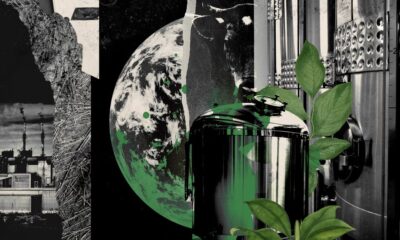
Illustration: Eleanor Shakespeare/The Guardian
Precision fermentation is indeed a sustainable food technology, as it can produce food compounds with high protein and nutritional value, without relying on traditional agriculture or livestock.
This reduces the environmental impact of food production, as it requires less water, in addition to eliminating the use of pesticides and reducing the methane gas emitted by cattle. In addition, precision fermentation is also used to produce products that are more environmentally friendly than traditional ones, such as plant-based meat alternatives.
What are the benefits?
In addition to the environmental advantages mentioned above, this technology can also lead to a reduction in the cost of the food we buy at the supermarket and an improvement in the quality of the product.
Not only that, precision fermentation is also being used to produce new therapies, including pharmaceuticals and vaccines.
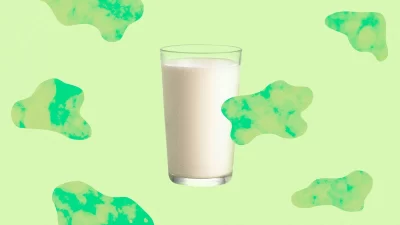
Fix / Getty Images
And the disadvantages?
The truth is, there are some concerns about regulating the safety of precision fermentation products. In short, what the scientists are asking is that all countries that start using this technology to produce food also develop strict quality control and safety regulations.
This is the case in Singapore, for example, a country where safe regulations already exist and milk made from microfiber is already available in supermarkets.
Some people are ethically and socially concerned about the use of genetically modified microorganisms to produce foods that will end up on our tables. Furthermore, there are high energy and purification costs required for foods made with precision fermentation to be safe for consumption.
Secret: you must already be consuming products made with precision fermentation
The market for this new technology is valued at 1.6 billion dollars, with an annual growth of 48% per year. That is, it is something that has aroused the interest of the whole world: consumers and businessmen.
And, more than that, precision fermentation has been with us for a few years now. Insulin, for example, is produced through this technique.
And it’s not just dairy products that are the result of precision fermentation. Zero Acre is an American company that uses the technique to produce palm oil, which can be used in the kitchen (we’ve already talked about this and other alternatives to palm oil here). Fermentation here is done using sugar cane.

Zero Acre oil./ Image by: Zero Acre
Here is an overview of common foods and supplements made with precision fermentation:
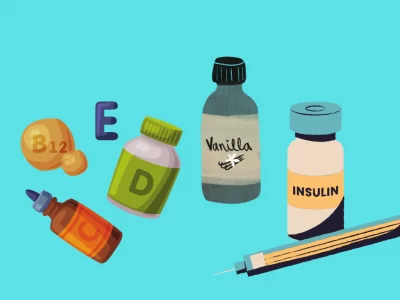
Image by: Green Queen
- Enzymes: precision fermentation is used to produce all kinds of enzymes used in food production, from amylases to keep bread soft and pectinases to make fruit juices clear.
- Vitamins: almost all common vitamins that we use to supplement our diet (in pill form) such as B vitamins and vitamins A and C are made using precision fermentation technology.
- Natural Flavorings: many flavorings regularly used in foods, such as vanilla flavoring, are produced by precision fermentation.
Innovation has arrived to Brazil
Sometimes we hear about innovations like this and we think it will take forever to see it arrive in Brazilian soil. But this is far from the truth.
The fact is that this market is becoming increasingly promising in Brazil and companies are investing more and more.
Future Cow, for example, is a Brazilian startup that takes a cow’s DNA, finds the genes that produce milk, inserts those genes into a yeast, and then takes it all to the fermentation tank and that’s it. The milk is made exactly like cow’s milk… but without the cow.
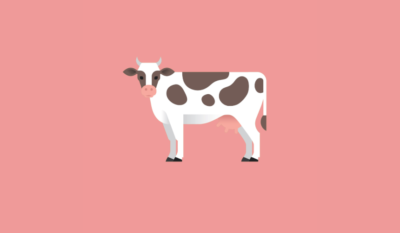
Image by: BrazilJournal
The co-founder of Future Cow, Leonardo Vieira, says he is already producing around 15 liters per fermentation. And the goal is to get approval from Anvisa to start producing and selling on a large scale.

Leonardo Vieira, cofundador da Future Cow
Another example is UpDairy, a binational company from Brazil-Singapore that also produces milk and derivatives through precision fermentation. The company focuses on the 4 less: less emission of polluting gases, less use of water for production, less use of land and less animal cruelty.
To carry out precision fermentation, UpDairy uses fungi. In this way, they copy the cow gene into the fungus, the fungus grows in the reactor while producing milk proteins. The result: milk proteins that can be used as an ingredient to make other products such as cheese, yogurt and butter, for example.
New Horizons
So tell us: are you open to having a glass of cow’s milk that didn’t come from a cow?
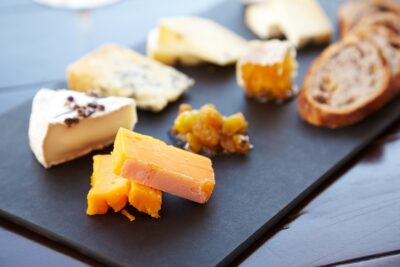
Cheeses made from precision fermentation./Image by: GettyImages
In short, technological solutions like the one we explain in this article will become more and more common. This is in pursuit of preserving the environment and improving what we eat on a daily basis.
What’s your side in this conversation?
Sources: Globo.com, NeoFeed.com, Susupport.com, Forbes.com, GreenQueen.com, BrazilJournal.com, TheGuardian.com, VeganBusiness.com

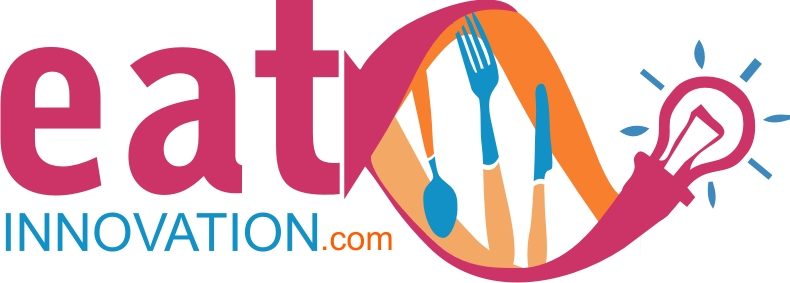
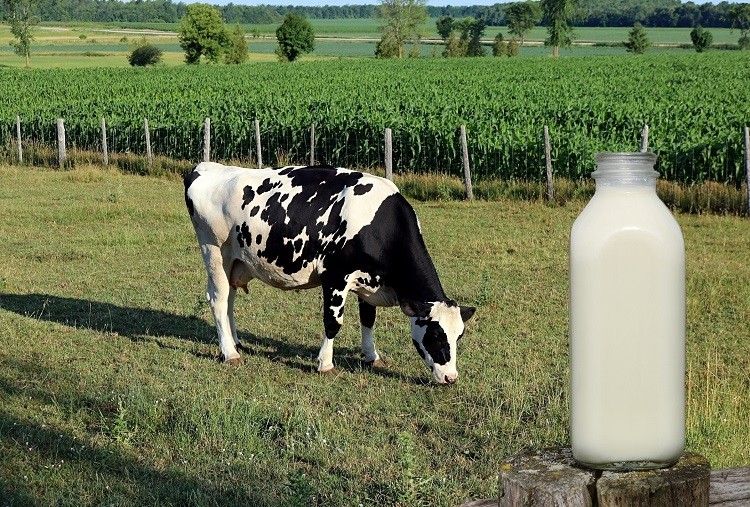
COMMENTS